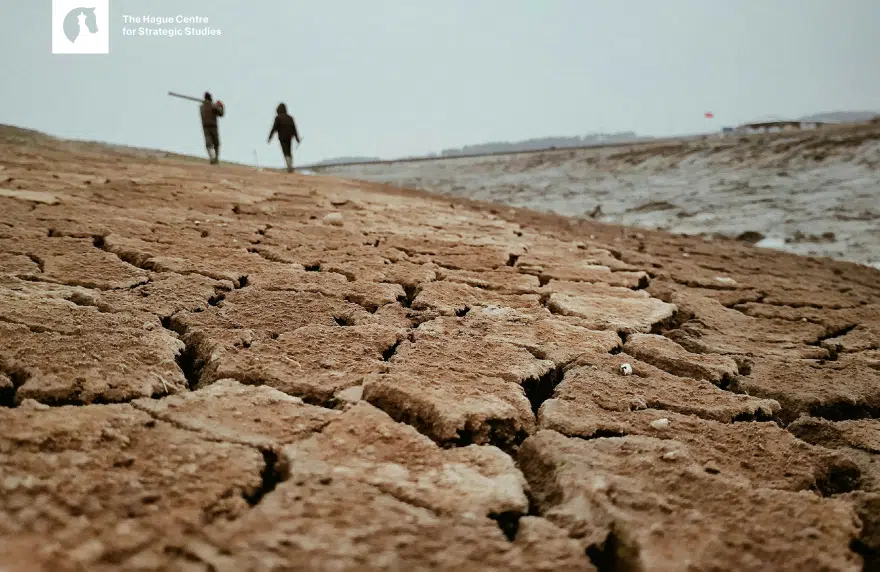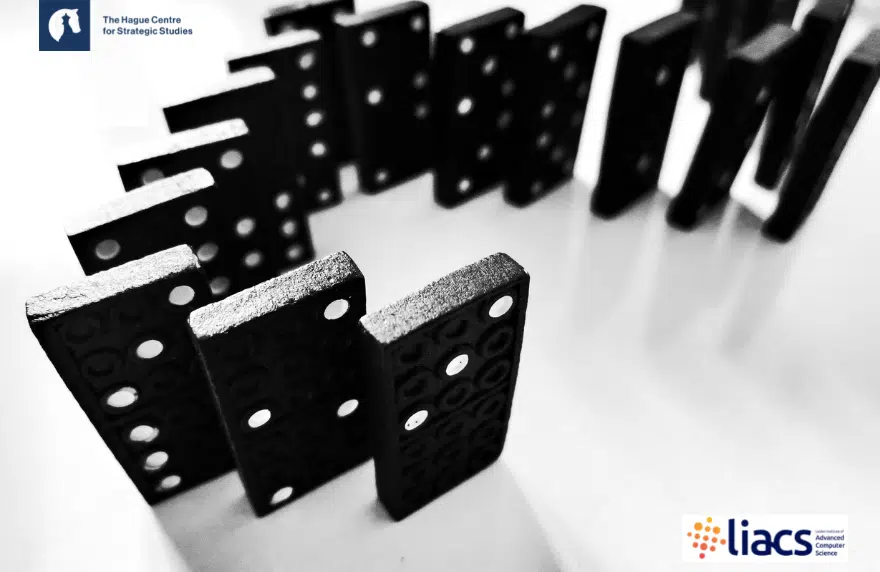Research
Environmental conditions such as drought, heat, and soil stress are often linked to armed conflict, but the exact pathways through which these factors contribute to violence remain unclear. This study addresses that gap by applying cutting-edge causal analysis to conflict data from Iraqi subdistricts. Unlike traditional methods, which often rely on simple correlations, our approach uncovers deeper, testable cause-and-effect relationships.
We show how environmental stress—particularly low soil moisture and high energy demand—can contribute to conflict, especially in densely populated areas. These effects do not occur in isolation: they move through complex chains involving access to vital resources and population pressures. By tracing these chains, we identify specific conditions that can make certain areas more vulnerable to violence. The analysis reveals not just where and when conflict is more likely, but also how and why it unfolds.
Our findings have practical value. By exposing the underlying mechanisms that link environmental stress to violence, we offer a foundation for more targeted and preventative policies. Interventions that address resource scarcity or ease population pressures in at-risk areas could help break the chain of events leading to conflict. This approach opens new possibilities for evidence-based responses to one of today’s most complex global challenges.
Link to the paper “Applying causality to environmental security in Iraq”: Applying causality to environmental security in Iraq | Scientific Reports
Authors: Ninoslav Malekovic, Maarten Vonk, Laura Birkman, Tim Sweijs, Anna V Kononova and Thomas Bäck
This article was published with Scientific Reports
Partner institution: Leiden Institute for Advanced Computer Science
The research for and production of this report has been conducted within the PROGRESS research framework agreement. Responsibility for the contents and for the opinions expressed, rests solely with the authors and does not constitute, nor should be construed as, an endorsement by the Netherlands Ministries of Foreign Affairs and Defence.










